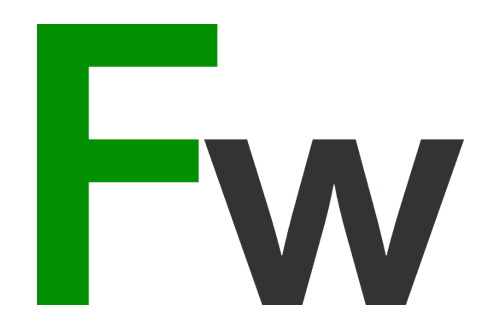Financial Times: Dan Gillmor over Web 3.0
[[image:ft.jpg::left:0]]In de Financial Times van gisteren een artikel (proefabonnement vereist) van Dan
Gillmor over het web. Onder de kop Now it is starting to get much more
interesting geeft hij zijn visie op het nieuwe World Wide Web. Web 3.0 wat hem
betreft.
Een verhaal met visie. Over de belangrijke rol van weblogs en wikis en de
doorgroei naar webservices. Hier een integrale weergave van de tekst (de
vetgemaakte tekstpassage’s zijn door mij aangebracht, Frank).
Dan Gillmor: Now it is starting to get much more
interesting
By Dan Gillmor
[[image:dangillmor.jpg::left:1]]So World Wide Web 2.0 is now upon us?
From my perspective, what’s happening feels more like Web 3.0 – and it’s just
a hint of what’s yet to come.
We are barely a decade and a half into the existence of the web, the network
of networks intertwined around our ever-smaller planet. The elemental units
haven’t changed much, but the web’s functions have evolved in a dramatic
way.
The first web was fairly static, and it was basically a
“read-only” affair. For the most part, we’d simply download text and
images from remote sites that were updated periodically with new text and
graphics.
There were hints, early on, of what was to come.
When we used a commerce site such as Amazon, or a search site such as Alta
Vista, the computer on the other end would do some calculating; we were using
their machines remotely to do work for us.
The first big shift – to what I prefer to consider version 2 – came
when the web became more of a read-write system. This was a huge change,
and it’s still in progress.
Now, writing online wasn’t exactly new. E-mail has always been about
writing.
Bulletin board systems and Usenet “newsgroups,” which got their start in the
1980s, were places where people could write what they thought. Chat and forum
applications helped turn America Online into a powerhouse, and message boards
became a popular web function in the 1990s.
Personal websites from companies such as GeoCities (later acquired by Yahoo)
helped everyday people put up their own sites quickly. Such pages, however,
tended toward dullness and infrequent updating.
The big change in the read-write sphere came about because of applications
such as weblogs, the personal journals that put newer material at the top, and
wikis, sites on which anyone can edit any page. Not only could people make their
own sites, but they could update them easily and rapidly.
Blogs have been especially important in the world of the read-write web.
They are far more than the “what I ate for breakfast” diaries of cliche;
they have become a key part of a growing, complex global conversation.
We are moving quickly beyond text and pictures in this version of the web, to
audio and video.
The cost of the gear we need to make high-quality content is plummeting while
the power and ease of use continue to grow.
And then comes the latest web. This is where it gets really
interesting.
The emerging web is one in which the machines talk as much to each other
as humans talk to machines or other humans. As the net is the rough
equivalent of a computer operating system, we’re learning how to program the web
itself.
An operating system offers programmers something called an “applications
programming interface,” or API. The APIs are essentially shortcuts for
programmers who want to use underlying capabilities of the operating system,
such as displaying text or printing, and they help products interoperate with
each other.
The electric outlet in the wall is, to stretch the metaphor, an API. A
manufacturer making a product that uses electricity can equip it with a plug
that fits into the socket.
A variety of web APIs, offered by companies such as Google, Yahoo! Amazon and
others, is letting programmers create new kinds of applications by wiring
together various functions into what are called “web services“.
E-commerce has always been a web service, but when we can mix and match
from various sites, by pulling specific information from their rich databases,
we are moving into an entirely new sphere.
From my perspective, this gets most intriguing when people start wiring
web services together to create entirely new kinds of applications.
That’s what Erik Benson, a programmer and blogger, did when he created a
site called “All Consuming,” which shows
what bloggers are saying about specific books.
Valdis Krebs, using web APIs to analyse book-buying habits, unsurprisingly
found little overlap among people who buy books with a left-leaning perspective
with those who buy right-wing volumes.
If the web is becoming an operating system in its own right, can anyone
monopolise it the way Microsoft did on personal computers? As long as the web’s
basic functions remain open, the threat is more theoretical than real.
Let’s hope it stays that way.


 ChatGPT
ChatGPT 





